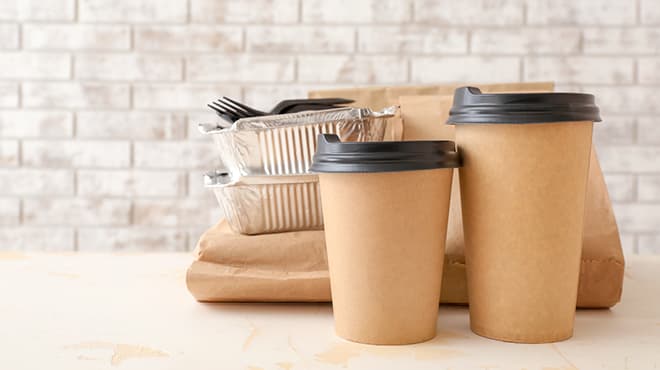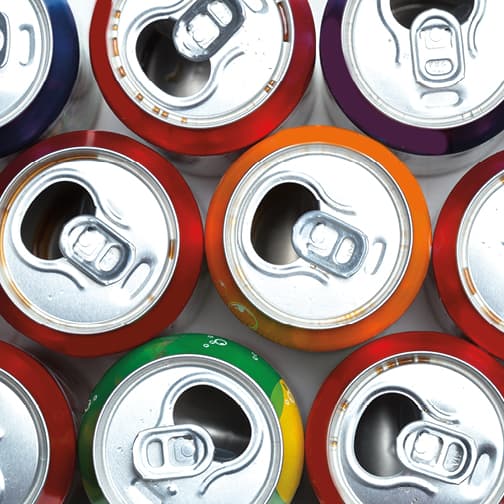Recent Posts
Tips for mindful snacking

As a dietitian, my role is to help patients maintain a healthy lifestyle every day by focusing on these three things: exercise, eating a balanced diet and maintaining a healthy weight.
If your snacking habits are not as healthy as they once were, here are some things to remember when snacking:
Plan your approach and stock your pantry.
Determining your game plan for what and when to eat is important. The first step is to examine your thoughts. Think and plan — don't react. A game plan will help you stick with healthy habits — or return to them if you have gotten off course.
First, plan on enjoying snacks only during specific times or portion out healthy snacks so you stay energized and don't overindulge. Second, fill your home with healthy food choices, such as fruits, vegetables, low-sodium soups, whole grains and lean proteins. Make the healthy snack options easy so you don't reach for unhealthier options. Also, remove unhealthy foods that you know will tempt you.
Track your progress.
If you're concerned about gaining weight, let's deal with the facts. Your weight is based on caloric intake. Women need 10 calories per pound per day to maintain their weight, and men need 11 calories per pound per day. Keep track of what and how much you eat, and use exercise to control weight gain.
Many apps are available to track what you eat and how much you exercise. If your schedule changes, problem-solve to find a different approach to accomplish the same level of activity. Be kind to yourself and focus on the larger goal. Research has shown that it can take up to 66 days of consistently repeating a behavior until it forms a habit, so work toward progress, not perfection.
Snack for hunger, not stress.
When feeling stressed or bored, people often turn to food to cope. Treat yourself with love and respect. Don't abuse your body by overeating, which can increase stress levels with the weight gain that often results.
If you start craving sweets, which is a normal response to stress, grab lean protein foods to reduce the cravings. Such foods include hard-boiled eggs, pouches of seasoned tuna, cheese sticks, cottage cheese, yogurt with no added sugar or soups made with lots of vegetables and legumes.
When you start to feel hungry, ask yourself, "Am I physically hungry or just stressed?" If you realize you are reaching for a snack due to stress or boredom, distract yourself by going for a walk, doing something creative, talking with a friend on the phone, playing a game or meditating on all the blessings you have instead.
Learn more about mindful eating:
- Clean eating: What does that mean?
- Discover why you should keep track of bite, lick and taste calories.
- Take three steps to control your environment and weight.
- Find easy meal ideas for healthy eating in a hurry.
By Mayo Clinic Health System staff.





